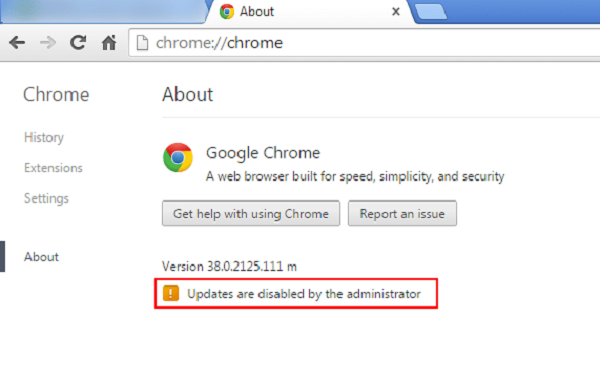
Today, the search for any information almost always begins with a search engine. Despite the fact that we are used to “testing ourselves on Google”, today it is hardly possible to be sure that search engines in general and Google in particular provide us with an absolutely impartial and accurate result. Far from always what search engines offer us is the most accurate and truthful slice of information. In today's article in the Tools section, we’ll talk about how to get truly independent information from an online search.
Search = google
So, if we want to get an idea of a certain topic, person or event, most often we use search engines for this. More precisely, one search engine -google.com. Not without reason in English the word “google” (the verb to google), which appeared several years ago in dictionaries, means “to find something on the Internet using a search engine”. Google is the undisputed world leader in the search market. According to a recent comScore research center report, as of February 2016 in the USA, Google processes about 64% of all search queries. In the whole world, the situation is practically no different, except for several countries of the world, for example, China, where, due to linguistic specificity, Baidu's search engine leadsThese numbers mean that we want it or not, but we trust Google to search for the information we need in most cases. This trust is based on a high-quality algorithm that has repeatedly proved its effectiveness. However, this algorithm is increasingly exposed to external factors that reduce confidence in it.
How does a search engine work and what is a filter bubble
The search engine provides us with links in accordance with its algorithm. The essence of the search algorithm and what it pays attention to is strictly classified information, because this trade secret is the basis of the foundations of the search services business. Sometimes search engines reveal certain details of their search algorithms, for example, Google periodically notifies users that sites with a convenient mobile version or a secure HTTPS protocol will go higher in the search results. However, this is nothing more than fragments of information, only partially allowing to recreate the overall picture.
In general, the principle of the Google search engine is as follows: the first places of delivery will host sites with a high level of trust or with a higher Page Rank - a numerical indicator of that trust in the site. And Google’s trust level is defined as the number of links to it from other trusted sites. For example, a link from Wikipedia pages or from the Harvard official page will be more reliable in presenting the search engine algorithm than from a page with a poorly developed blog. Nevertheless, specialists in search optimization do everything to ensure that their sites are as high as possible in the search results. Sometimes their actions are successful.
But much more serious is the situation when Google is too helpful, wanting to be an ideal search engine, itself limits the delivery. This limitation may not be particularly affecting the sample. For example, a search engine can only show sites from a specific region or in a specific language. But more often Google tries to please us in every possible way and adjusts search results in such a way as to give us an accurate answer to our request as soon as possible. And such a correction of the issue no longer allows us to call it independent and accurate.
On the one hand, such actions of the Google algorithm are understandable and justified, on the other hand, all of them, combined with the remarkable efforts of optimizers, spoil our "clean" results. Therefore, in situations where the search does not need to get the exact answer (for example, when the US Constitution was adopted), but a selection of links on a particular topic, Google ceases to be our assistant.
Thus, Google sometimes tries to offer us content that meets certain criteria that Google believes is related to us. Such an effect on search results and the content proposed as a result, are called the filter bubble.
Bubble filters are good when looking for a pizzeria or hairdresser. But it plays a very negative role, for example, when a user wants to get an idea of a certain personality, a topic being discussed or a collection of events. Google will provide this information, but it will be possible to call this issue reliable, complete and relevant.
























